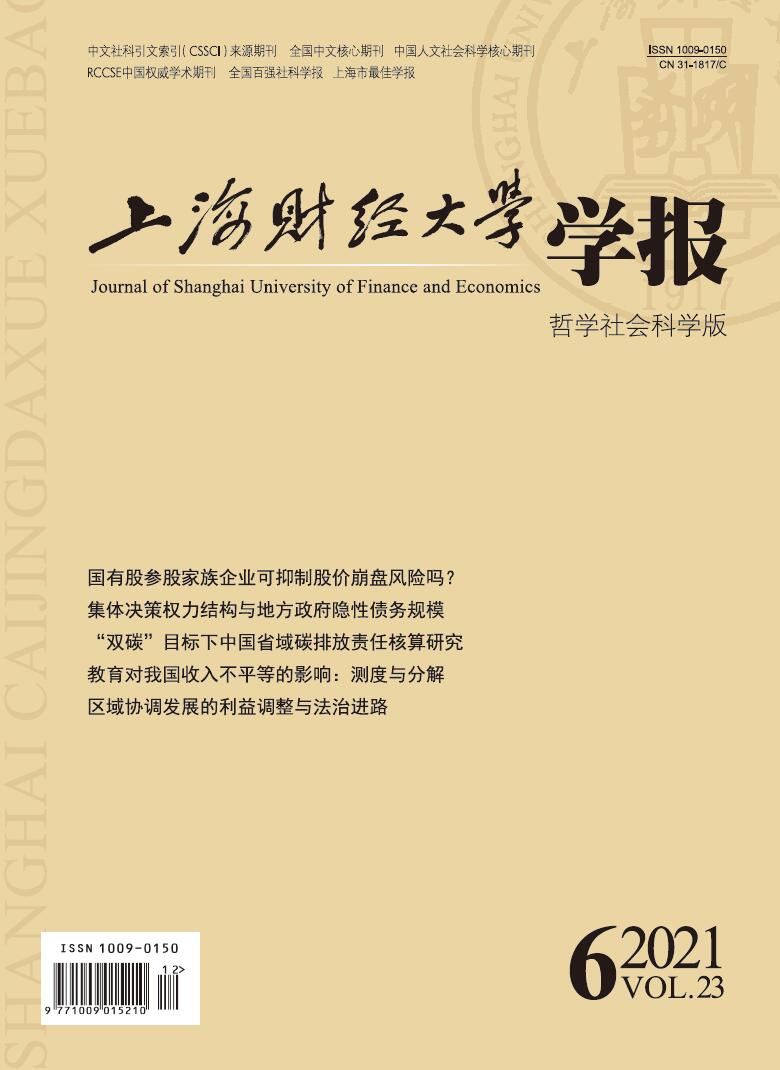The innovation ability of micro-level enterprises is the core driving force to maintain the national competitive advantage and promote the development of the macro economy. In the current period of economic transformation and upgrading, although the innovation efficiency and ability of private enterprises are better than those of state-owned enterprises, their technological innovation has the characteristics of large investment amount, high risk of failure and long R&D cycle. Therefore, private enterprises need to invest a lot of human and financial resources for a long time, but they generally lack sufficient resources to ensure the sustainable development of their innovation activities. In addition, due to the long-standing ownership discrimination, compared with state-owned enterprises, private enterprises are in a weak position in both property right protection and resource acquisition. In order to make up for the unfavorable situation in the market competition, private enterprises have to adopt some alternative mechanisms to improve their competitiveness. At present, the common view of scholars is that private enterprises can bring many benefits by actively establishing political relations with the government. The role of state ownership in private enterprises has always been the focus of corporate governance research. Under the current background that China is vigorously promoting the development of mixed ownership reforms, this paper regards the state ownership contained in private enterprises as an important innovative resource provider and organizer. Using the data of A-share private listed companies from 2012 to 2019, we empirically study the impact of state ownership on the technological innovation of enterprises. The study finds that state ownership can effectively promote the innovation activities of private enterprises. The mechanism is that state ownership can effectively stimulate enterprise investment in innovation, and also provide resource support for enterprises by providing financial subsidies and attracting more R&D personnel, thereby increasing the output of enterprises in terms of innovation. The study also finds that state ownership plays a role as a “stabilizer” in the technological innovation of private enterprises. Moreover, state ownership has a significant positive impact on the innovation activities of private enterprises in regions with a better business environment; while in regions with a poor business environment, there is no significant relationship between the two. After distinguishing the characteristics of state ownership, the role of state ownership as a strategic investor in promoting technological innovation in private enterprises is more significant.
 / Journals / Journal of Shanghai University of Finance and Economics
/ Journals / Journal of Shanghai University of Finance and EconomicsJournal of Shanghai University of Finance and Economics
LiuYuanchun, Editor-in-Chief
ZhengChunrong, Vice Executive Editor-in-Chief
GuoChanglin YanJinqiang WangWenbin WuWenfang, Vice Editor-in-Chief
Can State Ownership Promote the Technological Innovation of Private Enterprises? Empirical Evidence from Chinese Listed Companies
Journal of Shanghai University of Finance and Economics Vol. 23, Issue 06, pp. 20 - 34 (2021) DOI:10.16538/j.cnki.jsufe.2021.06.002
Summary
References
Summary
Cite this article
Yu Han, Song Ciji, Song Zengji. Can State Ownership Promote the Technological Innovation of Private Enterprises? Empirical Evidence from Chinese Listed Companies[J]. Journal of Shanghai University of Finance and Economics, 2021, 23(6): 20-34.
Export Citations as:
For
Next: 专题讨论·贫困脆弱性·主持人语
ISSUE COVER
RELATED ARTICLES




 6487
6487  6423
6423

